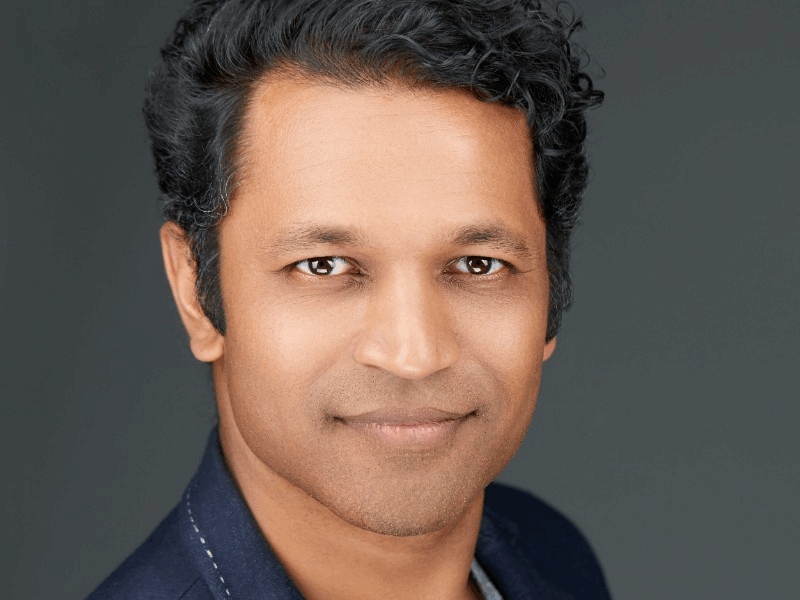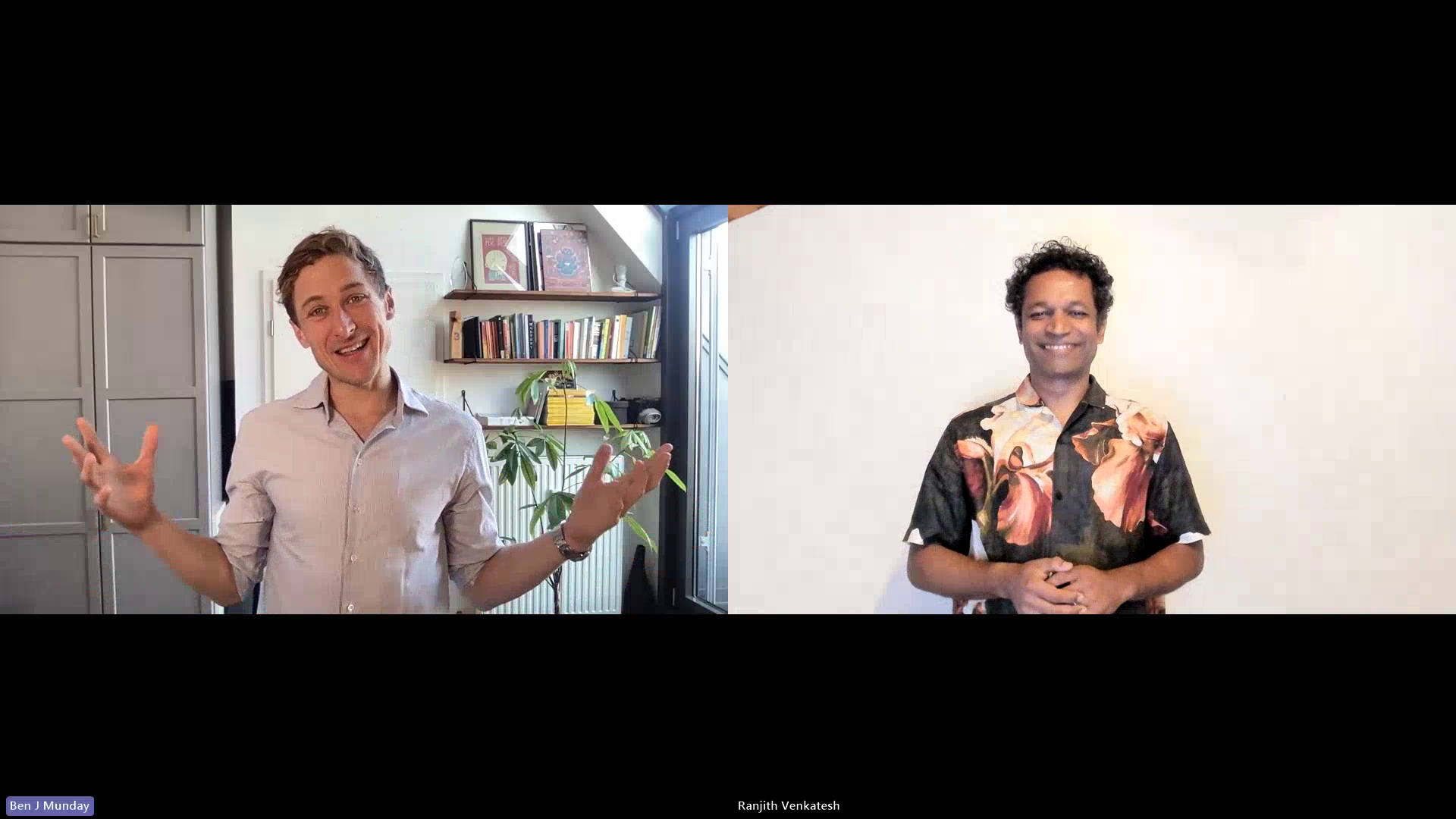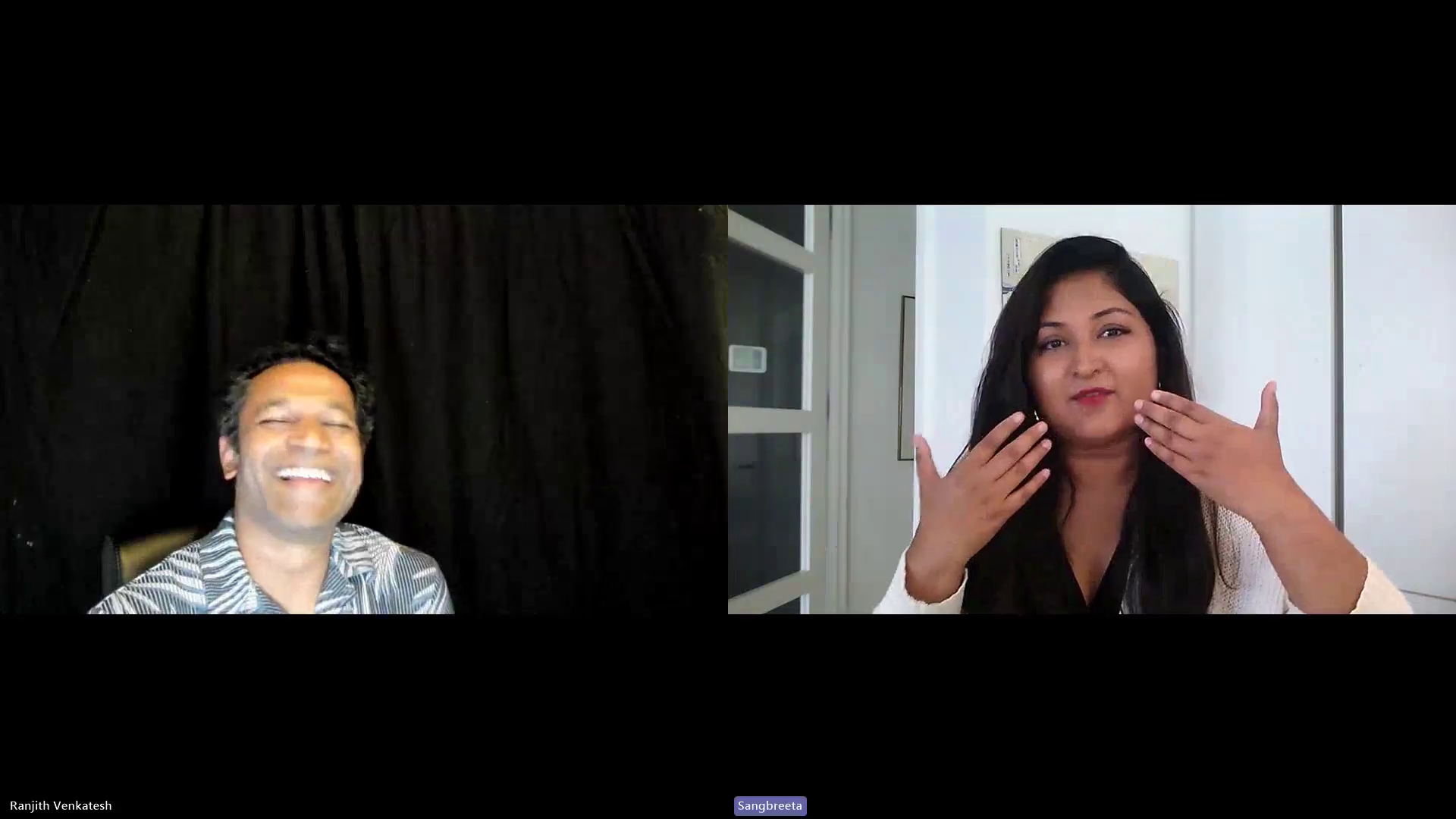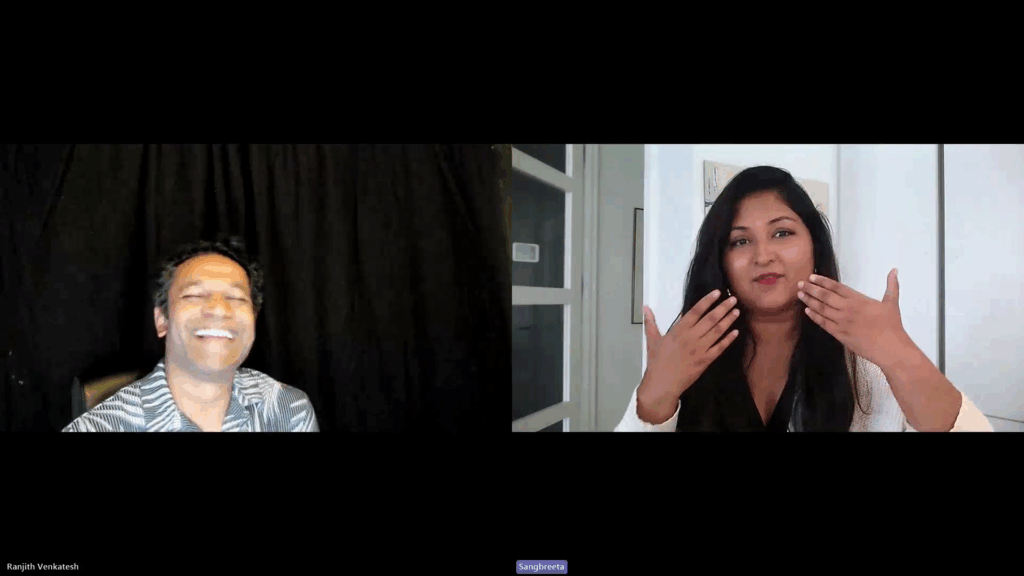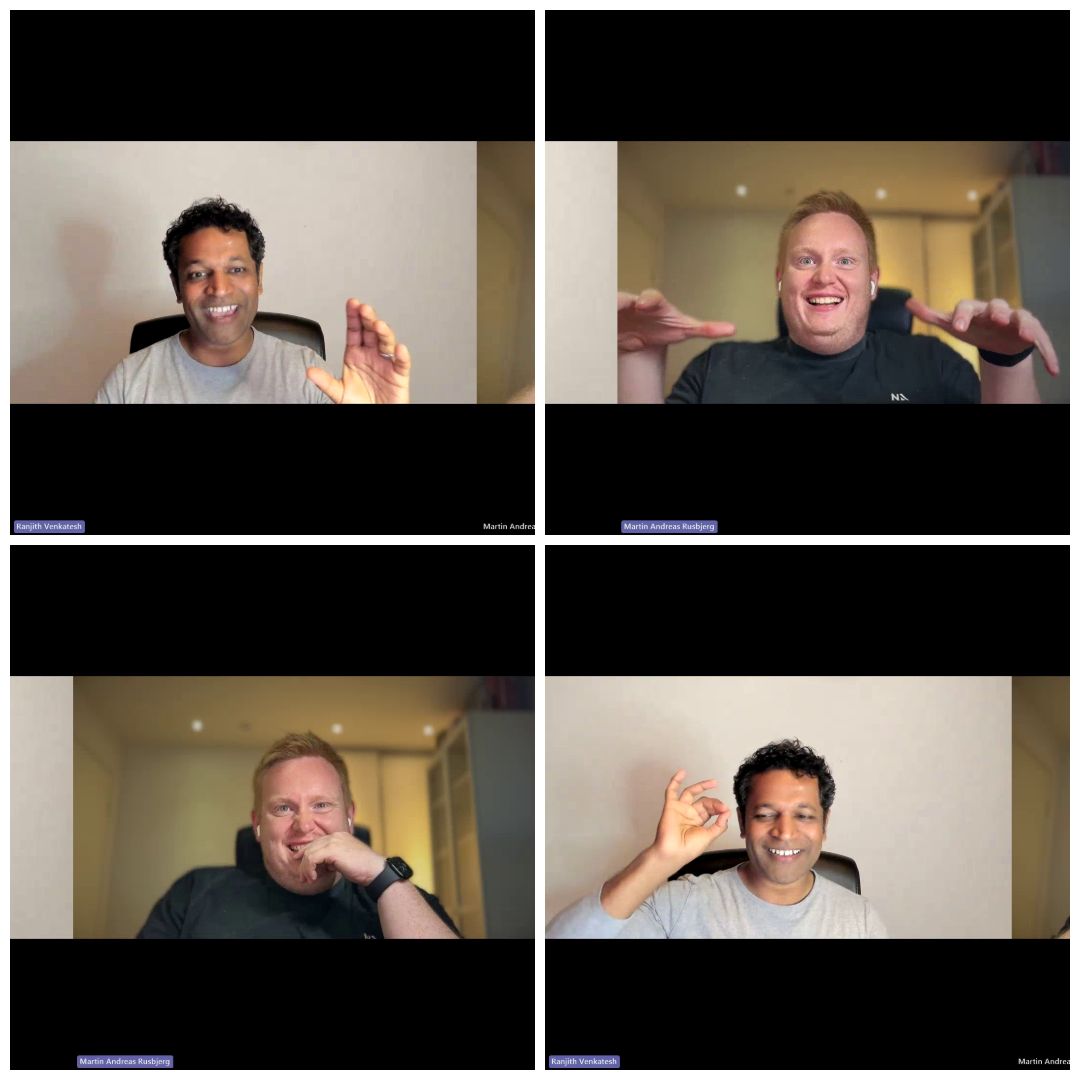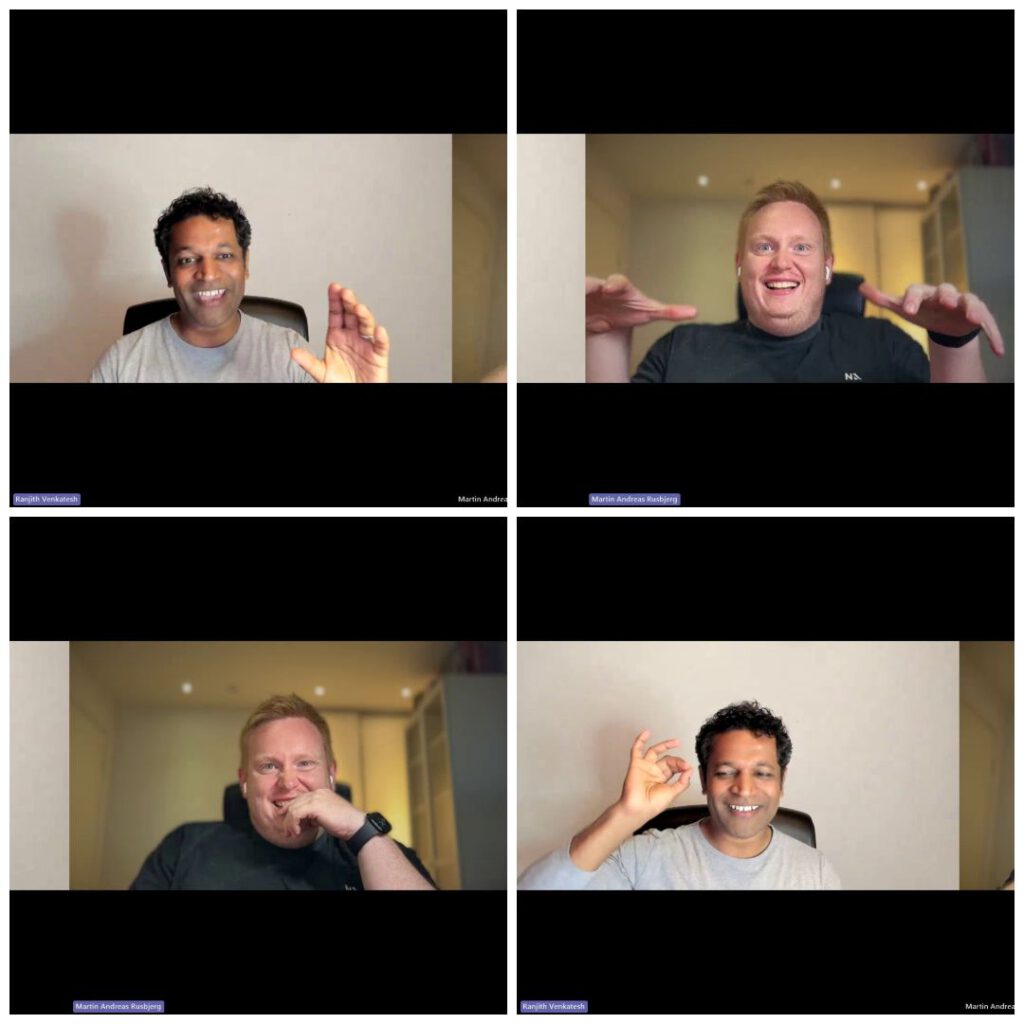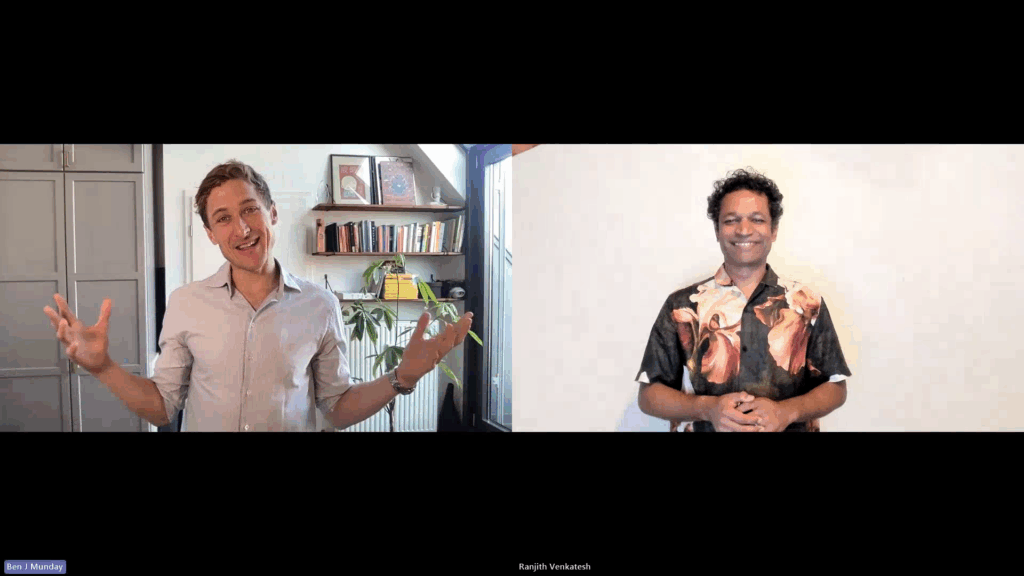
Are you looking to enhance your public speaking, refine your pitch, or become an exceptional moderator? Then you need to integrate your body, your brain, and your purpose! We recently had the incredible Ben Monday on the Speaker Shine podcast, and his insights prove that connecting with our physical selves is the key to unlocking mental and emotional success.
Ben’s work focuses on the holistic relationship between the brain (logic), the body (physical), and purpose (emotional). He emphasizes that while the 21st century is focused on cognitive change and changing mindsets, his belief is that it starts with the body.
Summary: The Body, the Pitch, and the Platform
Ben, who started his journey into public speaking through Toastmasters, is a powerful advocate for using physicality to influence how we think and feel. He shared that a simple act like standing up instead of sitting down can dramatically change your engagement, movement, and dynamicism. In fact, adopting better posture—shoulders back, chest up—brings an “aliveness” that is often missed when we sit back and relax.
His expertise extends to helping entrepreneurs and founders—particularly in Berlin’s startup scene—become better communicators. He provides rapid techniques for crafting a compelling presentation, including the powerful Three H Pitch Structure.
Furthermore, Ben details the extensive preparation required for effective event moderation and hosting. A good moderator’s role is expansive, covering everything from MCing and panel discussions to managing the entire environment (sound, light, temperature) to ensure the audience feels comfortable and connected. Ultimately, his goal as a moderator is to be an ambassador for the event organizer and ensure the speakers are the ones who shine.
3 Learnings to Elevate Your Presence
1. Embrace Somatic Awareness for Internal Change Somatic exercises (from the Greek word soma meaning body) focus on the lived physical experience. Ben explains that these practices build physical self-awareness, allowing us to shift the way we experience and do things, which subsequently changes the way we think. The simplest somatic shifts—like changing posture from a relaxed sit to an active stand—can immediately increase energy and feeling natural. Using the physical body, interacting with it, and utilizing it, allows us to change the way we think and feel.
2. Never Forget the “Help” in Your Pitch For startups, entrepreneurs, or any speaker looking for influence, structure is crucial. The Three H Pitch uses structure to keep both the speaker and the audience on track.
- Hook: Get someone in emotionally.
- Hope: What do you hope to achieve? What is the aspiration or impact you are creating?.
- Help (or The Ask): What do you need? This might be money, investment, community, access to knowledge/mentors, or sign-ups.
Ben notes that many speakers tell people about their great idea but fail to include the crucial “Help” or “Call to Action,” effectively wasting the opportunity.
3. The Moderator’s Spotlight Belongs to the Speakers While a moderator’s role is critical—acting as the connection between the audience and the experts on stage—their success is measured by the success of others. Ben strives to be so good that people walk away saying, “Wow, that was a great event. Weren’t those speakers awesome?” not “Wasn’t that MC wonderful?”. If the moderator steals the limelight, they are taking too much of the spotlight.
3 Actionable Takeaways for Future Speakers
1. Cultivate Connection Through Personal Research The red thread through success in hosting and moderating is connection. To prepare, Ben suggests immediately reaching out to guests on LinkedIn to build a bridge. Ask them to share something personal that people don’t know—maybe they are a volunteer firefighter, love baking, or collect turtles. Sharing these lighthearted, personal, and human details on stage helps the audience feel that vital connection.
2. Prepare to Be Less Stressed, Not More Confident Adrenaline, cortisol, butterflies, and sweaty palms are part of the pre-stage process. The last five to ten minutes before going on stage should be dedicated to relaxing exercises, not forcing confidence. Use somatic exercises to ground yourself: feel your feet on the floor, straighten your spine, and open your chest. Deep breathing into the belly, stretching the jaw, humming, and even jumping on the spot help create “aliveness” and move away from feeling small and contracted. When you are less stressed, ease and adaptability follow, and confidence comes later.
3. Live by the “Diva and Delight” Rule If you want to move forward in the moderation industry and get rebooked, heed this advice from one of Ben’s mentors: Be a diva on stage, but be a delight off stage. This means being great while performing, but also being helpful, easy to work with, following up, sharing, and giving thanks behind the scenes. Developing and keeping this connection increases your opportunities in life.
Are you ready to embrace the physical and philosophical shifts needed to shine? Start with your body, lead with connection, and watch the opportunities unfold!.
Note: This article was summarised using the transcript of the Speaker Shine Podcast Episode using Google NotebookLM
